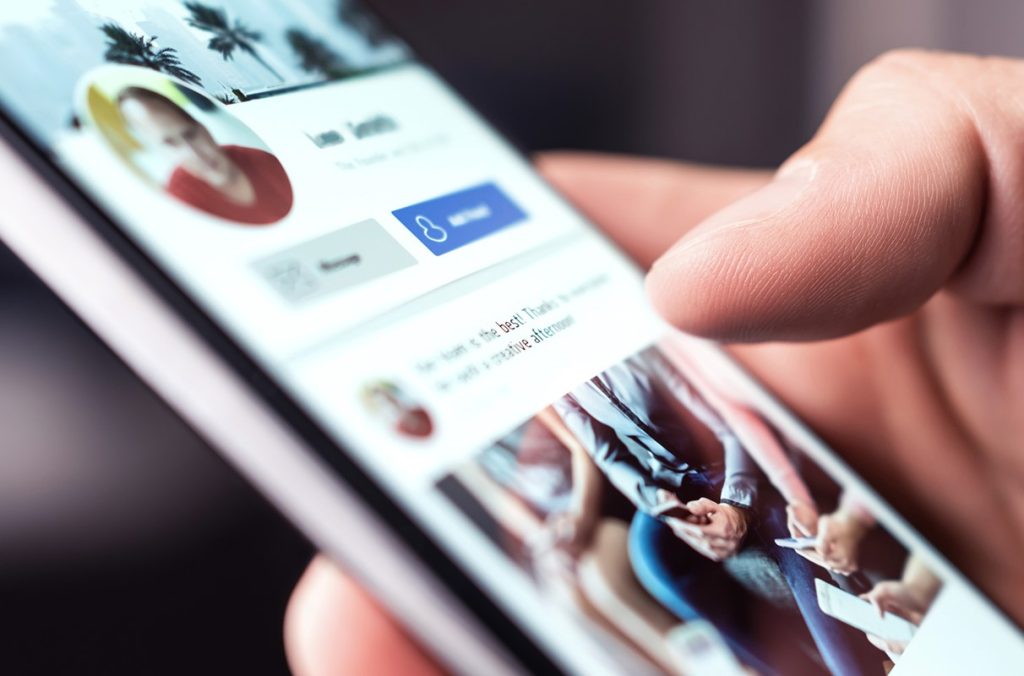Listen to the article
Young men who passively consume information on social media are more likely to believe health misinformation about substance use, according to new research from Washington State University.
The study, published this month in the journal Substance Use & Misuse, surveyed 1,201 Americans aged 18-29 to evaluate whether those with “news finds me” attitudes are more susceptible to incorrect health claims, particularly around drug use.
Researchers found that young men who rely on information that simply flows through their social media feeds were more likely to believe false statements such as “It is safe to take an over-the-counter medicine to help you sleep, even if you are drunk on alcohol,” “Driving while high on THC (cannabis) is safe,” and “Using psychedelics is safe for everyone.”
“Misinformation was a big problem during Covid and I think it has become a grave public health concern overall,” said Hae Yeon Seo, the study’s lead author who conducted the research as a doctoral student at WSU’s Murrow College of Communications. “I wanted to see how passive information-seeking behavior leads to misinformation beliefs around prescription drug use and how that leads to substance use behavior.”
The gender disparity in the findings was significant. While both young men and women were surveyed, only male participants showed a strong association between passive information consumption and belief in health misinformation.
This correlation is particularly concerning because young men are already more likely than their peers to misuse substances, including prescription drugs like Adderall, alcohol, and cannabis. Previous research has established links between believing medical misinformation and engaging in risky substance use behaviors.
“Individuals who consume information passively tend to be more vulnerable to misinformation because they don’t seek out more facts about the issue they’re interested in,” Seo explained.
The study, conducted between June and August 2023, reinforces previous findings that men typically rely more on “accidental information exposure” without verifying information across multiple sources. Women, in contrast, tend to be more cautious and critical about the quality of information they encounter.
In today’s fragmented media landscape, young people are constantly bombarded with information through various social media channels of questionable credibility. Many simply absorb what appears in their feeds from friends, family, influencers, and marketers without actively seeking out trusted news sources, yet remain confident they are well-informed—embodying the “news finds me” perspective.
Seo, who grew up in South Korea before coming to the United States for her doctorate, became interested in the connection between misinformation and substance use when she first encountered America’s widespread legal cannabis use in 2020.
“It was new to me, and I thought it could be very interesting to study that,” she said, noting the prevalence of dubious claims surrounding cannabis’s medical benefits and safety.
The research team included Erica Austin, professor and founding director of the Murrow Center for Media and Health Promotion Research; Porismita Borah, a professor on the graduate faculty at the Murrow College; and Andrew Sutherland, a PhD student in the college.
The researchers acknowledged that one limitation of their study was its binary gender approach, examining attitudes only among those identifying as male or female. They suggested that future research could explore how these dynamics manifest among non-binary individuals and other demographic groups.
Given the strong association between passive information consumption and misinformation belief among young men specifically, the paper concludes that gender-targeted interventions merit consideration. Seo emphasized that effective strategies for combating misinformation should focus on developing media literacy and critical thinking skills.
As misinformation continues to proliferate online, particularly around health topics, this research highlights the importance of active information-seeking behaviors and source verification, especially among demographics at higher risk for substance misuse.
Fact Checker
Verify the accuracy of this article using The Disinformation Commission analysis and real-time sources.




10 Comments
This study underscores the risks of uncritical, passive news consumption. Misinformation around health and substance use can have real, dangerous consequences. We need to encourage more active, skeptical engagement with online information.
The findings on young men and health misinformation are concerning. Passive social media habits can clearly lead to the spread of false claims that could endanger public health. More emphasis on media literacy is clearly needed.
Interesting study on how passive news consumption can lead to susceptibility to health misinformation. Definitely a concerning trend, especially around substance use claims. It highlights the importance of critical thinking and fact-checking when consuming information online.
Agreed, this is a real issue that needs to be addressed. Social media algorithms often amplify misinformation, and people need to be more cautious about what they encounter and believe online.
Interesting to see the link between passive news habits and susceptibility to misinformation on substance use. It highlights how important it is for people to develop critical thinking skills when consuming online information, especially on sensitive health topics.
This research on the dangers of passive news consumption is really important. We need to encourage more active, discerning information-seeking behavior, especially among young people, to combat the spread of misinformation that could put their health at risk.
The study’s findings on the connection between passive news habits and health misinformation beliefs are troubling. It’s a good reminder that we all need to be more proactive in verifying information, especially around sensitive topics like substance use.
I’m not surprised to see this connection between passive news habits and belief in health misinformation. It’s a good reminder that we all need to be more proactive in verifying information, especially on sensitive topics like substance use.
Absolutely. We have to be vigilant about distinguishing credible sources from misinformation, especially for vulnerable populations like young men. Education and media literacy are crucial.
Passive news consumption leading to health misinformation is a real concern, especially for vulnerable populations like young men. This underscores the need for better media literacy education to help people think critically about the information they encounter online.